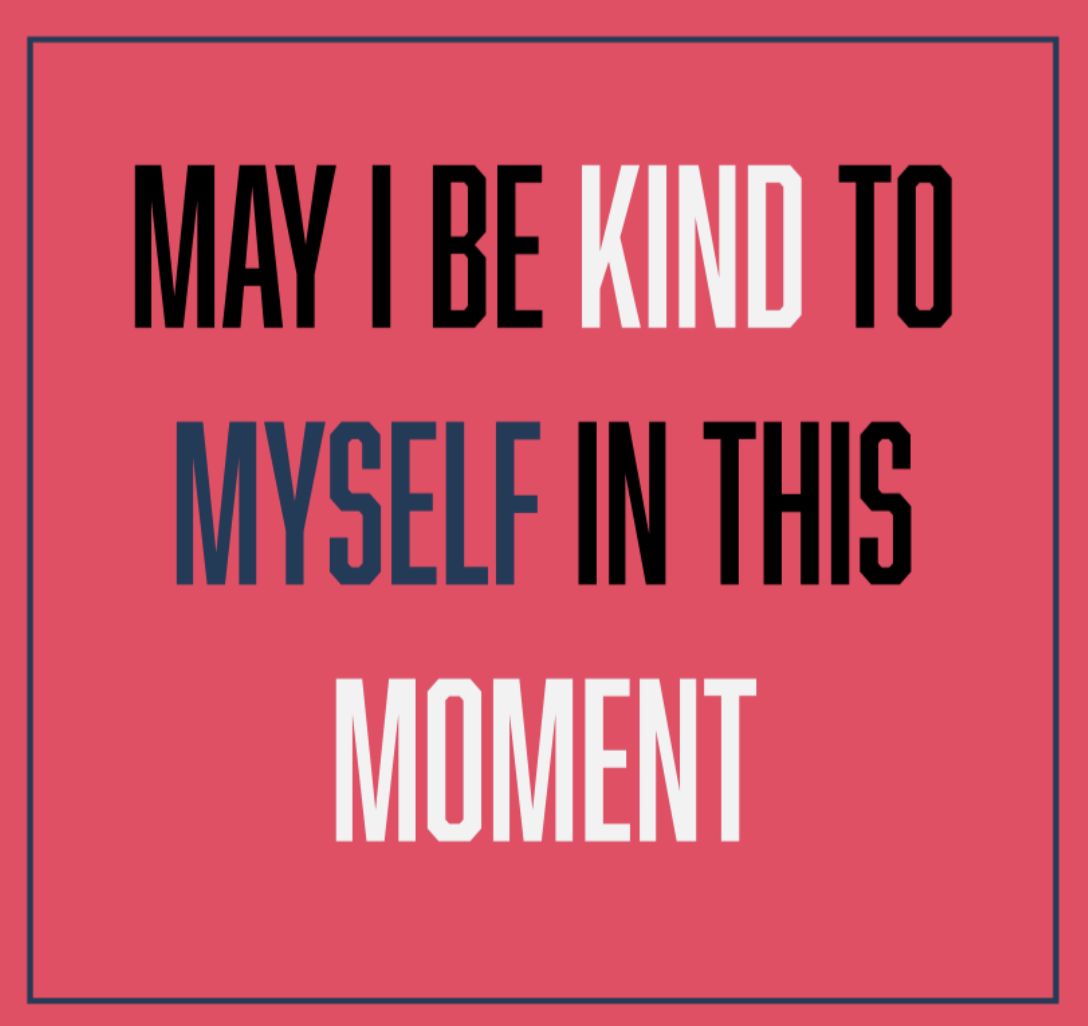Here’s something I absolutely know is true: There is hardly a parent alive, myself included, who wouldn’t willingly take on the sadness, disappointment and suffering of their children, whether it comes from a playmate’s snub, a rejection from a hoped-for university or the death of a family pet.
Here’s another truism: Not rushing in to smooth our children’s paths is one of the most difficult and loving acts a parent can do.
No matter the impulse behind it, doing everything we can to shelter our children from life’s travails is detrimental for several reasons:
1) It’s exhausting for parents, especially when there are multiple kids.
2) It causes unnecessary stress between and for parents.
3) Most compellingly, shielding our children from adversity or over-indulging their wants and needs profoundly interferes with their cognitive and emotional development, denying them the full set of skills and competencies necessary for adulthood.
If our primary goal as parents is to raise adults capable of managing their lives and contributing to society, it’s up to us to ensure they develop age-appropriate core competencies and self-confidence in their ability to do so -- even if that means standing back and watching them fail over and over again!
Picture a toddler learning how to dress herself -- an enormously frustrating task for someone with subpar motor skills. They need lots of practice, day after day. In the process, they fail -- a lot! But if you give them opportunities to ‘do for themselves’ they get to experience mastery and pride in their accomplishment.
My eldest struggled mightily to learn how to tie his shoes. As a mom, it was excruciating to witness his exasperating attempts. At times I desperately wanted to step in, but I didn't want to deny him the opportunity to sit with the problem, figure it out and then have the joy of his success. Over those weeks, my son didn’t just master shoe tying; he built up both his frustration-tolerance and his belief that if he worked hard, he could do anything!
Learning the discrete and seemingly mundane tasks of early life are the fundamental steppingstones of childhood. Eventually, they enable your tween to tell the school psychologist they’re being bullied, for example, and they can give high schoolers the confidence to negotiate a fare wage for a summer job. For kids of all ages, the tremendous value of learning isn’t just acquiring new skills; it’s the self-efficacy and resilience that results from the process of moving through failure to mastery.
One of the best ways parents can support their kids along the path is to
model how to deal with the myriad problems, snags and plans undone by circumstance that litter every parent’s waking life! When the airline cancels a flight…when there’s a traffic jam and you’re late for an appointment…when the pipes burst. Do we scream and rail, throwing up our hands in defeat? Or do we problem-solve, investigating all the possible fixes and options available? Naturally, parents feel and express frustration, too, and handling our emotions appropriately is part of the lesson. Then, we model how to pivot to the solution.
Please know I’m not suggesting parents shouldn’t ever intervene. If your child’s frustration level is too high or they are really struggling, it’s a parent’s job to step in and offer support. It’s also up to us to decipher when our kids’ frustration is actually a real need for connection. Above all, we must be vigilant about differentiating between personal needs around being an uber-parent and the long-range desire for our kids’ maturation. That’s when parents need to acknowledge that it is hard to see your kid in pain and then get the support you need.
Standing by and watching our children fail can feel like the heaviest lift of parenthood. From the minute your child is first in your arms (and often before), parents fantasize about what we want the future to look like. The first thing that upsets our idealized picture for them can feel devastating. And watching them fail? That felt really hard to do.
When I’m working with parents who’d do anything to save their kids from failing and feeling bad, I like to share the viewpoint of one of my all-time favorite authors and researchers, Julie Lythcott-Haims. She says, “I call failure one of life’s beautiful f-words -- along with “flail,” fumble,” flounder” and “fall.” You have to encounter these things over the course of your life to learn how to bounce back. The more you experience them, the more resilient you’ll be when bigger challenges arise.”
That’s superb advice for parents too. You’ll find more gems like that in her groundbreaking book, How to Raise an Adult: Break Free of the Overparenting Trap and Prepare Your Kids for Success. You’ll find it on the resource page of my website below the FAQs.
p.s. If you have 20 minutes now, watch Julie’s Ted Talk for a glimpse into her take on raising successful kids.








